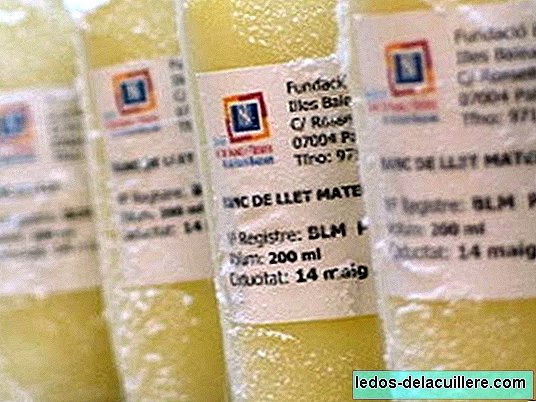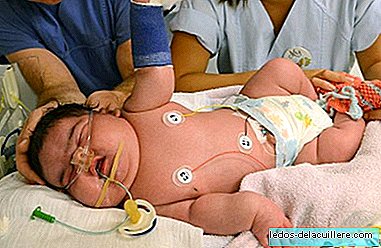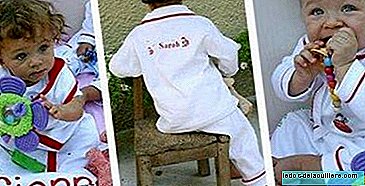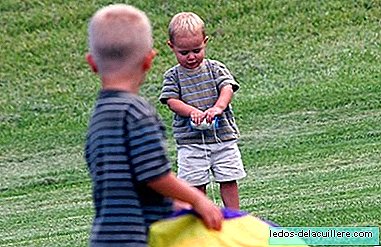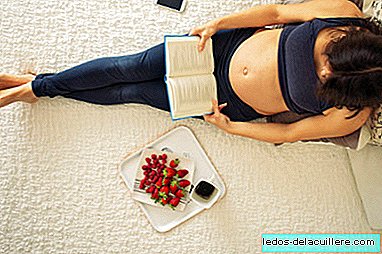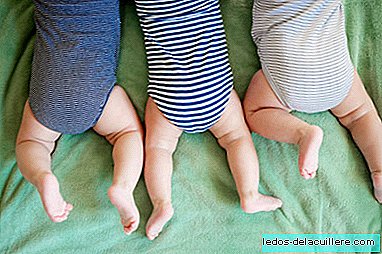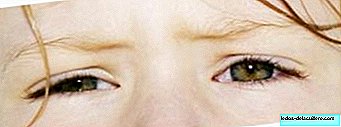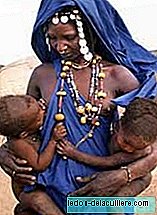
In the United States or Europe, experts recommend that mothers who are carriers of the AIDS virus do not breastfeed their children because they can infect the baby through breast milk.
But a “Plos Medicine” study conducted over two years by a team from the Institute of Public Health, Epidemiology and Development in France indicates that in some developing countries, where sanitary and hygienic conditions leave much to be desired, breast milk for a short period of time, four or five months, It is the best nutritional option.
The eternal dilemma is artificial or breast milk? They began work in Ivory Coast to study the different alternatives available to mothers infected with HIV to feed their children.
Thus, they concluded that if women have the means, that is, clean water and breast milk substitutes, it is preferable that they feed their children with artificial milk to avoid contagion.
But in Sub-Saharan Africa, where the risk of HIV transmission through breast milk is 8.9%, children who do not feed with breast milk are at greater risk of dying from infectious diseases than from getting HIV.
Therefore, organizations recommend that HIV-positive mothers replace breast milk whenever it is "viable, sustainable over time and safe."
But since these conditions are not always possible, there are times when it becomes safer for children to feed on the mother's breast even when their mothers carry the virus.
Put on the balance and said in a somewhat sharp way. They have seen that it is preferable to run the risk of a possible infection to starve to death. Very hard.


